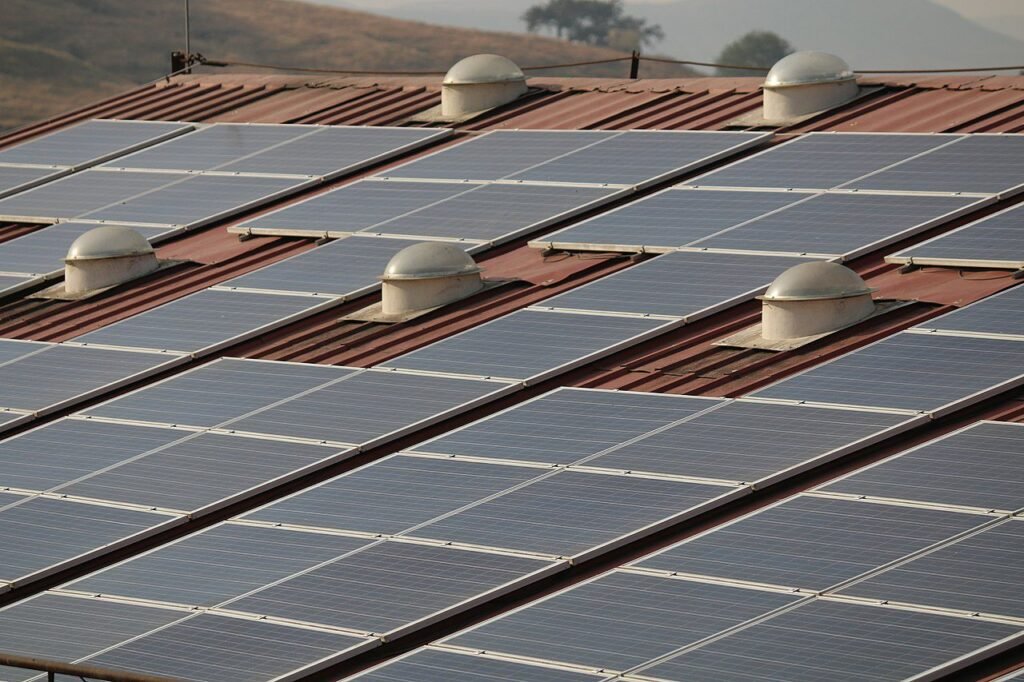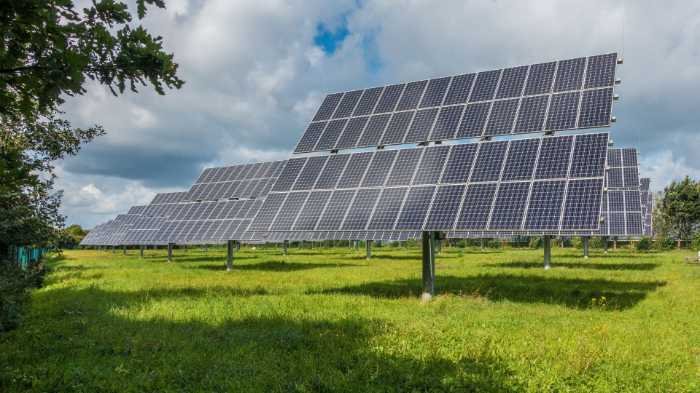
For many years, installing solar power in your home or business was heralded as an expensive venture that only the most dedicated environmentalists would undertake. But today, due to advances in technology and growing public awareness of the need for renewable energy sources, investing in solar is not only more affordable but also often provides numerous benefits financially and environmentally. Furthermore, with incentives like government rebates and tax credits available to help offset some of the cost, going green has never been a better choice! So if you’re serious about reducing your electric bill while contributing to a cleaner future for generations to come, now is the perfect time to make the switch over to solar!
- What is Solar Energy?
- What are the advantages of Solar Energy?
- What are the two main disadvantages of Solar Energy?
- Solar Energy and PV Panels for Home: Costs
- Pros and Cons of Solar Panels for Your Home
- Can you live off of just Solar Cells?
- Tips for living on Solar Energy Systems
- Solar Installation FAQ
What is Solar Energy?
Solar energy is the light and heat from the sun that is harnessed using various technologies to power things like homes, businesses, schools, and vehicles. Solar power is a renewable resource, which means it can be used repeatedly. Its energy efficiency makes it a good choice for powering our homes and businesses. Solar energy systems can be installed in various ways, so it’s easy to find the right system for your needs.
How does Solar Energy work?
Solar energy works by capturing the light and heat from the sun and converting it to produce electricity. This can be done in a variety of ways. Still, most solar energy systems use solar panels to capture the sun’s energy. The solar systems convert the sunlight into electricity, which can be used to power devices or transferred into the electric grid.
Savvy Home and Business owners have also read…
Easy Solar Installation in Canada: Solr Solvr Review
What are the advantages of Solar Energy?
There are many benefits to using solar energy, including:
- Renewable: Solar energy is a renewable resource, which means it can be used over and over again.
- Clean: Solar power is clean and does not produce emissions like other forms of energy, such as coal.
- Energy Efficient: Solar energy is one of the most efficient ways to power our homes and businesses.
- Cost-effective: Solar energy systems can be expensive to install, but they usually pay for themselves in the long run.
- Versatile: Solar power can power various devices, from homes and businesses to vehicles.
There are other advantages to solar power that include:
- Solar power is free. Once you have installed a solar system, you will get free electricity generation from the sun for as long as you own the system.
- Solar energy systems are low-maintenance. Once they are installed, you don’t have to worry about them.
- Solar power is a good investment. Over time, solar energy systems usually pay for themselves.
What are the two main disadvantages of Solar Energy?
There are two main disadvantages of solar energy:
- Solar power is not available at night; you will need to keep a battery backup if you use electricity at night.
- Solar energy systems require a lot of space; they can occupy your roof depending on how big or small your solar panels are.
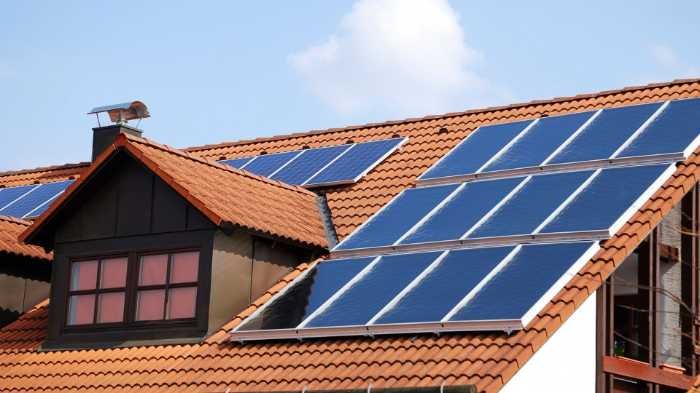
The use of Solar Power in a home
Solar Energy has been used for many years, and it is still on the rise. Solar power is getting more prevalent among people who want to go green or are conscious of their carbon footprint. Still, other advantages might interest you.
The payback period for solar energy investments is typically long, so you should keep in mind the following when considering this type of investment:
- The cost of solar panels and installation has come down in price significantly over the years, making it a more affordable option.
- You can get tax breaks and credits for installing a solar energy system.
- The amount of energy you produce with solar cells depends on how sunny it is.
- Your usage also matters since you might not generate enough power to cover your entire electric bill.
- The best way to take advantage of solar power is to install a system that will send excess power back into the grid. This way, you can still use the grid when your solar panels aren’t generating power.
- You can also store solar power in a battery to use at night or during times when the sun isn’t shining.
The power of Solar Panels
There are a few different types of solar cells available on the market. The most common type is the photovoltaic panel. PV system converts sunlight into electrical energy. They are usually made of silicon, a semiconductor material. Other types of photovoltaic cells include thermal panels and concentrating panels.
Thermal panels use the sun’s energy to heat water or air. This type of panel is best suited for homes in colder climates. Concentrating panels use mirrors to focus sunlight on a small area, creating heat used to generate electricity.
Some facts about solar cells:
- Solar cells are a great way to reduce your carbon footprint and help the environment.
- They also have other benefits, such as lower electricity bills and increasing the value of your home.
- Installing solar cells can be expensive, but they usually pay for themselves in the long run.
- When you install solar cells, you can choose to use the electricity they produce or sell it back to utility companies.
- If you live in a state that offers net metering, you’ll be able to sell the excess energy you generate back to utility companies.
Solar Energy and PV Panels for Home: Costs
Solar energy and PV panels for homes cost a lot of money. The total cost of a PV solar panel system has come down in price considerably over the past few years, with systems now available for about $3.50 per watt.
A typical 4 kW system costs about $14,000 before tax credits and incentives. However, federal and state tax credits can significantly reduce the actual cost. Many states also have financial incentives, like cash rebates or low-interest loans, available to help offset the cost of new panels.
Moreover, the change in energy costs depends on:
- What part of the country do you live in
- The size of the solar array you use
- The equipment
- The system
Pros and Cons of Solar Panels for Your Home
The pros of solar panels for a home are that they are a renewable energy source, help reduce or eliminate a home’s dependence on off-grid, and provide homeowners with significant savings on their energy bills. They are economically attractive and have a tremendous environmental impact.
The cons of solar cells for a home are that they can be expensive to install, they may not be feasible in areas with little sunlight, and they can take up a lot of space on a roof.
Things to consider before installing Photovoltaic Panels
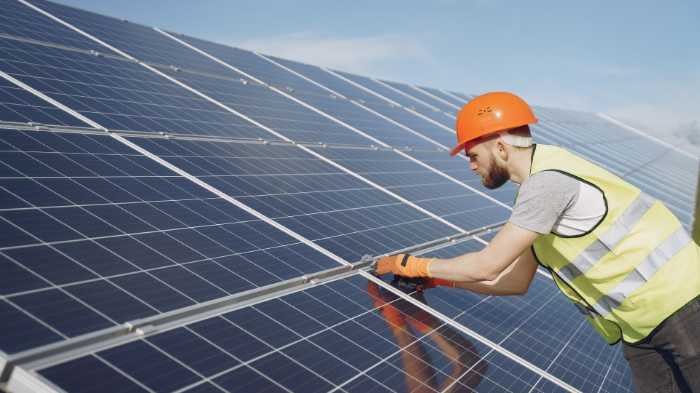
There are a few things to consider when deciding whether or not solar energy is suitable for your home. First, you need to make sure that your home is compatible with solar energy. You also need to have enough space on your roof for the solar cell. And finally, you need to consider the cost of installation and maintenance.
Make sure to do your homework and investigate all of the maintenance costs and benefits involved before deciding. Solar power can save money and help the environment, but it’s not always the right choice for every green home.
How do you live with Solar Panels?
You can live with solar cells by either using them to power your home or selling the energy back to the grid. Many people choose to sell the energy back to the grid because it can be more profitable, and you still get to use the energy from the sun!
If you are using a solar array to power your home, you will need to ensure that your panels are the right size for your home. You will also need to make sure that you have enough storage for the energy that your panels produce. You can either use a battery bank or an inverter to store the energy.
If you are using a solar array to sell energy back to the grid, you will need to ensure that your system is connected. You will also need to make sure that your system is sized correctly. You can either use a micro-inverter or a string inverter.
Can you live off of just Solar Cells?
It may be possible to live off the grid with a solar array, but it’s not as easy as just flipping a switch. You’ll need to factor in things like storage capacity and energy use.
First, you’ll need to calculate how much power your household consumes. This can be done by looking at your electricity bill or checking your appliances’ energy ratings.
Once you know how much energy your household consumes, you can figure out how many solar cells you need. Multiply the number of solar panels by the wattage of each panel to get your required energy production.
You’ll also need to account for storage capacity. Batteries can store solar energy for use when the sun isn’t shining, but you’ll need to make sure you have enough storage capacity to meet your needs.
It’s also important to consider your location. Solar cells work best in areas with plenty of sunlight. If you live in a cloudy area, you’ll need to install a more extensive system to meet your needs.
Living off the grid with a solar cell is doable, but it takes some planning and research. Contact local solar companies for more information if you’re interested in going solar.
Savvy Home and Business owners have also read…
Tips for living on Solar Energy Systems
1. Use a solar inverter
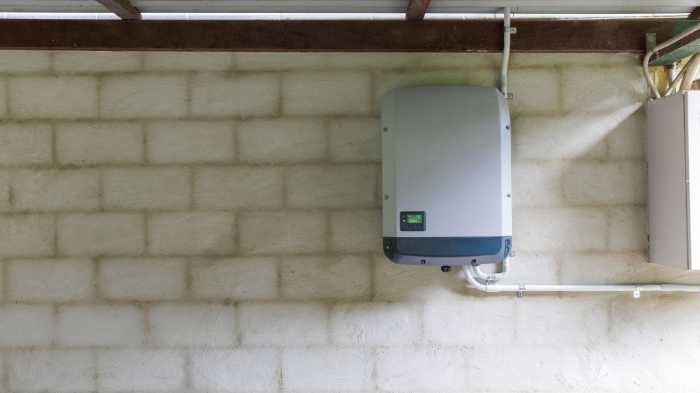
Solar inverters take the DC power produced by your solar array and turn it into AC power, which can be used to power your entire house. Most solar inverters can handle multiple solar panels, so you can install as few or as many as you need.
2. Use a solar battery storage
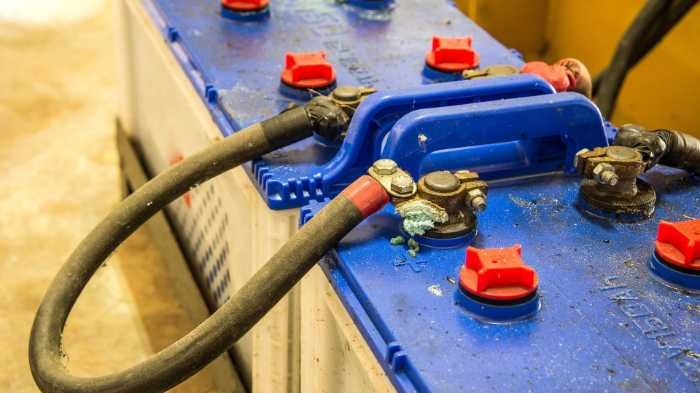
Solar batteries store energy from your photovoltaic panels so that you can use them later, even when the sun isn’t shining. This is an excellent option for homeowners who use a lot of electricity or live in areas where the sun doesn’t shine very often.
3. Use a solar attic fan
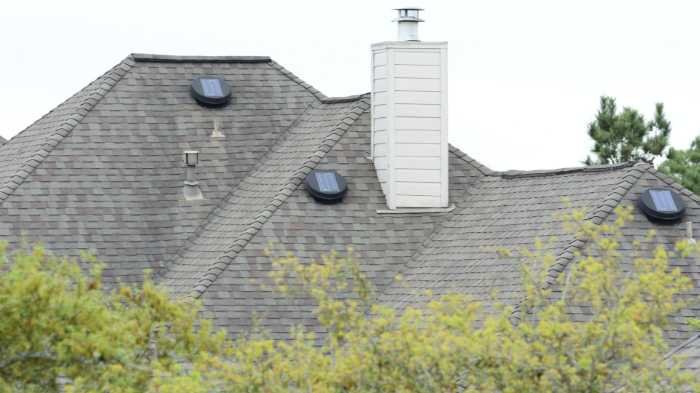
Solar attic fans use the sun’s energy to cool your home. They are an excellent option for homes that don’t have air conditioning or homeowners who want to save on their energy bills.
4. Install a solar water heater
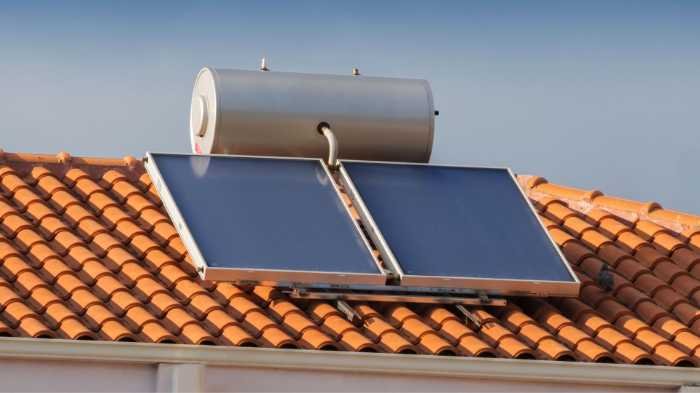
Solar water heaters use the sun’s rays to heat your water. This is an excellent option for homeowners who want to save on their energy bills.
Conclusion: Positive Energy With Downsides
Solar energy is a great way to produce clean, sustainable energy for your home. There are many benefits to using solar energy and some downsides to consider. A solar cell can be expensive to install, it may not be feasible in areas with little sunlight, and it can take up a lot of space on a roof. It’s essential to do your homework before deciding on solar energy!

Solar Installation FAQ
What is the greenhouse effect?
Greenhouse gas traps energy from the sun and causes the Earth to warm up. This is called the greenhouse effect, and it’s important because it makes our planet hospitable for life. Without it, the Earth would be a cold, hostile place. Some of these gases are carbon dioxide (CO2), methane (CH4), nitrous oxide (N2O), sodium hydroxide (NaOH), and hydrofluoric acid (HF), which cause the most warming. Solar cells don’t produce any of these gases, so they are a very sustainable choice.
Is solar power green?
Solar panels help reduce our reliance on fossil fuel, which emits greenhouse gases when burned. This is huge because the more we can reduce our reliance on fossil fuels, the less greenhouse gas we’ll produce. Solar cells are a vital part of the solution to climate change.
How does the national renewable energy laboratory work?
The National Renewable Energy Laboratory (NREL) is a US-government-funded research and development facility to make renewable energy viable. NREL works on a wide range of sustainable energy technologies, including solar cells. They are constantly working to improve the efficiency and affordability of sustainable energy sources to be more widely adopted.
What is the lifespan of a PV system?
Solar cells are designed to last for 25-30 years. Still, their lifespan may be shorter in areas with high humidity, heat, or pollution. It’s essential to keep your panels clean and free of debris to maximize their lifespan. Some panels can also be recycled when they reach the end of their life cycle.
What is the Solar Energy Industries Association (SEIA)
The Solar Energy Industries (SEIA) is a nonprofit trade association representing all aspects of the solar energy industry. Its mission is to promote solar energy and its benefits to consumers, businesses, and the environment. They provide resources and support for businesses in the solar industry and work to expand solar energy nationwide. The Lawrence Berkeley National Laboratory (Berkeley Lab) is another research institution that specializes in energy and environmental science.

Dean Emerick is a curator on sustainability issues with ESG The Report, an online resource for SMEs and Investment professionals focusing on ESG principles. Their primary goal is to help middle-market companies automate Impact Reporting with ESG Software. Leveraging the power of AI, machine learning, and AWS to transition to a sustainable business model. Serving clients in the United States, Canada, UK, Europe, and the global community. If you want to get started, don’t forget to Get the Checklist! ✅
